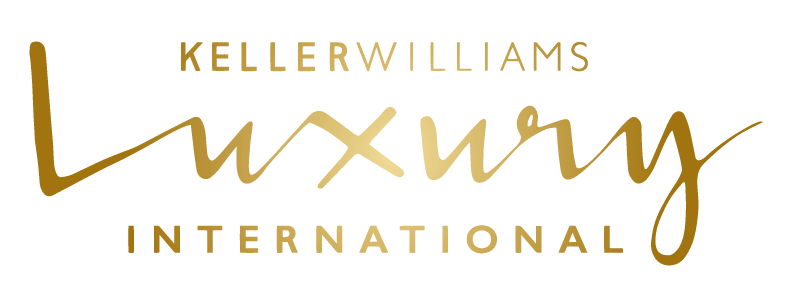Choosing Between a Starter Home and Forever Home: Making the Right Real Estate Decision

Choosing Between a Starter Home and Forever Home:
Making the Right Real Estate Decision
The decision to buy a home is a monumental one, often representing a significant financial commitment and a crucial step in life's journey. Whether one is a first-time homebuyer or considering an upgrade, the debate often centers on whether to opt for a more affordable starter home or to invest in what many term the "forever home." Each choice presents its own set of advantages and challenges. In this article from Brown Home Group, we thoroughly examine these options, providing valuable insights to assist in making an informed decision.
Organizing Housing Records
But first things first: irrespective of the choice made, efficient organization of housing records is paramount. With the digital age in full swing, converting vital documents to PDFs offers a secure, easily accessible means of record-keeping. One might need to scan a document periodically, ensuring that everything from purchase agreements to maintenance records is safely stored and easily retrievable.
Benefits of Purchasing a Starter Home
A starter home often acts as a gateway to homeownership for many. Its affordability makes it appealing to those eager to build equity without breaking the bank. Such homes offer individuals a chance to enter the housing market, positioning them for potentially higher returns in the future. Additionally, a starter home can be a stepping stone, allowing owners to benefit from equity growth that can later be used to upscale. It also provides an opportunity to understand the intricacies of homeownership without the weight of a hefty mortgage.
Drawbacks of Purchasing a Starter Home
Starter homes, while affordable, often have notable limitations. They may be located in less-than-ideal areas and typically offer limited space, which can be quickly outgrown with family expansion. Older properties may require more maintenance, and necessary upgrades or renovations can prove both costly and time-intensive.
Advantages of Investing in a Forever Home
On the flip side, investing in a forever home offers long-term stability – especially if you purchase it before retirement. These homes are typically in more desirable locations and offer ample space to cater to growing families or changing needs. The joy of personalizing and customizing a space to one's exact taste without considering future move-outs can be deeply satisfying. Moreover, there's a peace of mind in knowing that relocation might not be necessary, allowing for deep-rooted community connections and long-lasting friendships.
Disadvantages of Investing in a Forever Home
Nevertheless, forever homes aren't without challenges. The most glaring one is the high upfront cost, which can strain one's finances if not well-planned. The maintenance responsibility of a larger property can be overwhelming, both in terms of time and money. Additionally, the property taxes and insurance premiums are generally higher, potentially creating a long-term financial burden.
Financial Considerations
Before making any decision, it's vital to take an introspective look at one's finances. Understanding monthly income, scrutinizing existing debts, and gauging savings can provide clarity on which housing option is viable. A detailed budget forecast can also provide insights into future financial stability or potential strain.
Researching Mortgages
Mortgage considerations play a pivotal role in the home-buying decision. Various lending institutions offer an array of mortgage options with differing interest rates and terms. Thorough research can illuminate how much one can comfortably borrow and repay, ensuring that the dream of homeownership doesn't morph into a financial nightmare.
The choice between a starter home and a forever home is neither linear nor one-size-fits-all. It requires a blend of introspection, research, and forward-thinking. Prospective homeowners should meticulously weigh the advantages and disadvantages of each option, keeping in mind both immediate needs and long-term aspirations. By ensuring financial preparedness and aligning the decision with life goals, one can confidently select a path that not only provides shelter but also serves as a cherished space for memories and growth.
Whether you’re looking to buy or sell real estate, Brown Home Group is here to help! Feel free to email questions to Rick@brownhomegroup.com.
Author: David Dixon





12301 Lake Underhill Rd, Crest at Waterford Lakes, Orlando, FL, 32828
1200 Oakley Seaver Dr #109, Clermont, FL 34711
3510 S Nova Road Ste 112
Port Orange, FL 32129
All Rights Reserved | Brown Home Group

Real Estate Web Design by Bullsai











